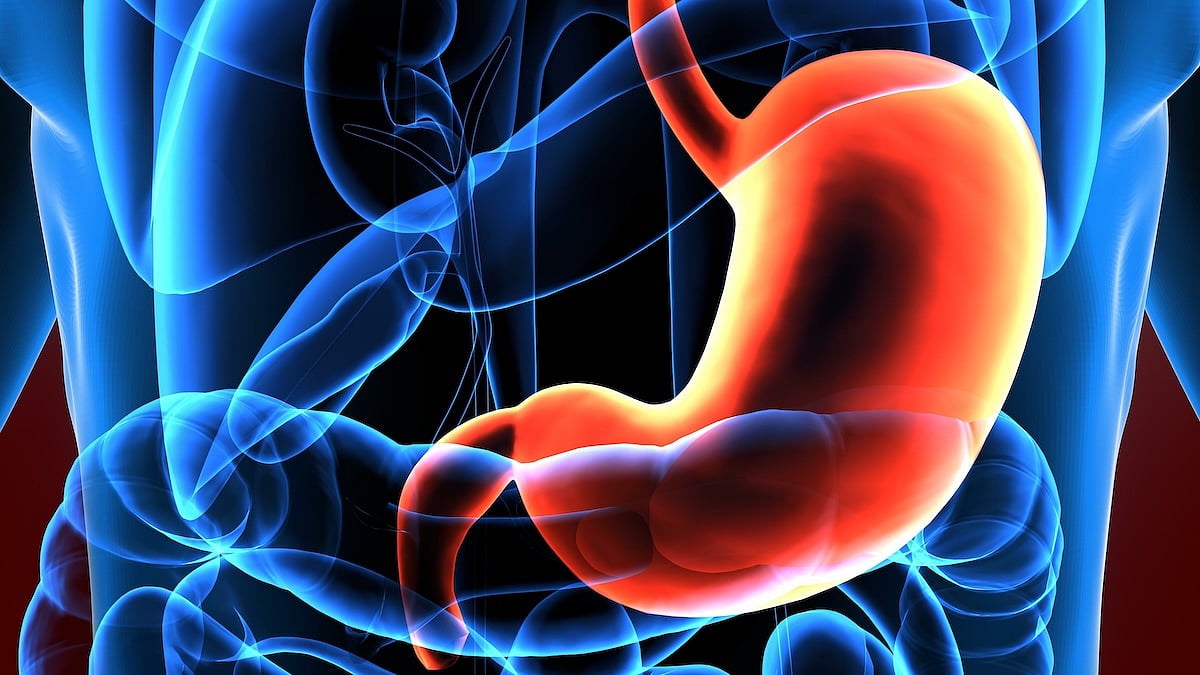Using the RefillRx mobile app? Then you will love our new, ENHANCED Sentry Drug Center mobile app.
Quickly request refills or login and manage your prescriptions on the go!
Available on both iTunes and Google Play.
Call or Visit for All of your Vaccination Needs!
Get Healthy!

- Dennis Thompson
- Posted June 6, 2025
Immunotherapy Effective Against Stomach Cancer
Immunotherapy combined with chemo can give people a fighting chance against stomach and esophageal cancers, a new clinical trial says.
People treated with durvalumab and chemotherapy were much more likely to go into remission, according to clinical trial results published June 1 in The New England Journal of Medicine.
“This is a major step forward for patients facing this difficult diagnosis,” lead researcher Dr. Yelena Janjigian, chief of the Gastrointestinal Oncology Service at Memorial Sloan Kettering Cancer Center in New York City, said in a news release.
“To be able to tell a patient that their cancer has completely responded to treatment — and that they are cured — is one of the most rewarding moments in oncology,” Janjigian said. “These results bring us closer to making that outcome a reality for many more patients worldwide.”
Durvalumab is an IV drug that boosts the immune system’s ability to detect and kill cancer cells. It’s used to treat a range of cancers, including those of the lung, bile duct, gall bladder, endometrium and bladder, according to Drugs.com.
Surgery and chemotherapy are the current standard of care, but stomach and esophageal cancers remain some of the deadliest worldwide, researchers said in background notes.
Cure rates are low — around 40% — and most patients who relapse do so within three years of surgery, researchers said. Less than half of patients are alive at five years.
For this trial, 474 people with stomach or esophageal cancer were randomly assigned to take either durvalumab or a placebo alongside the standard chemotherapy brew used to treat these cancers.
About 19% of those taking durvalumab had no remaining cancer detected at surgery, compared with 7% of those taking placebo, results show.
After two years, 67% of those given durvalumab were alive without any indication of cancer progression, compared to 58% of those given a placebo, researchers found.
Adding durvalumab to chemo didn’t delay either surgery or recovery, researchers said, and the rate of serious side effects was about the same between the two groups.
The new study was funded by AstraZeneca, the maker of durvalumab.
More information
The American Cancer Society has more on stomach cancer.
SOURCE: Memorial Sloan Kettering Cancer Center, news release, June 1, 2025
